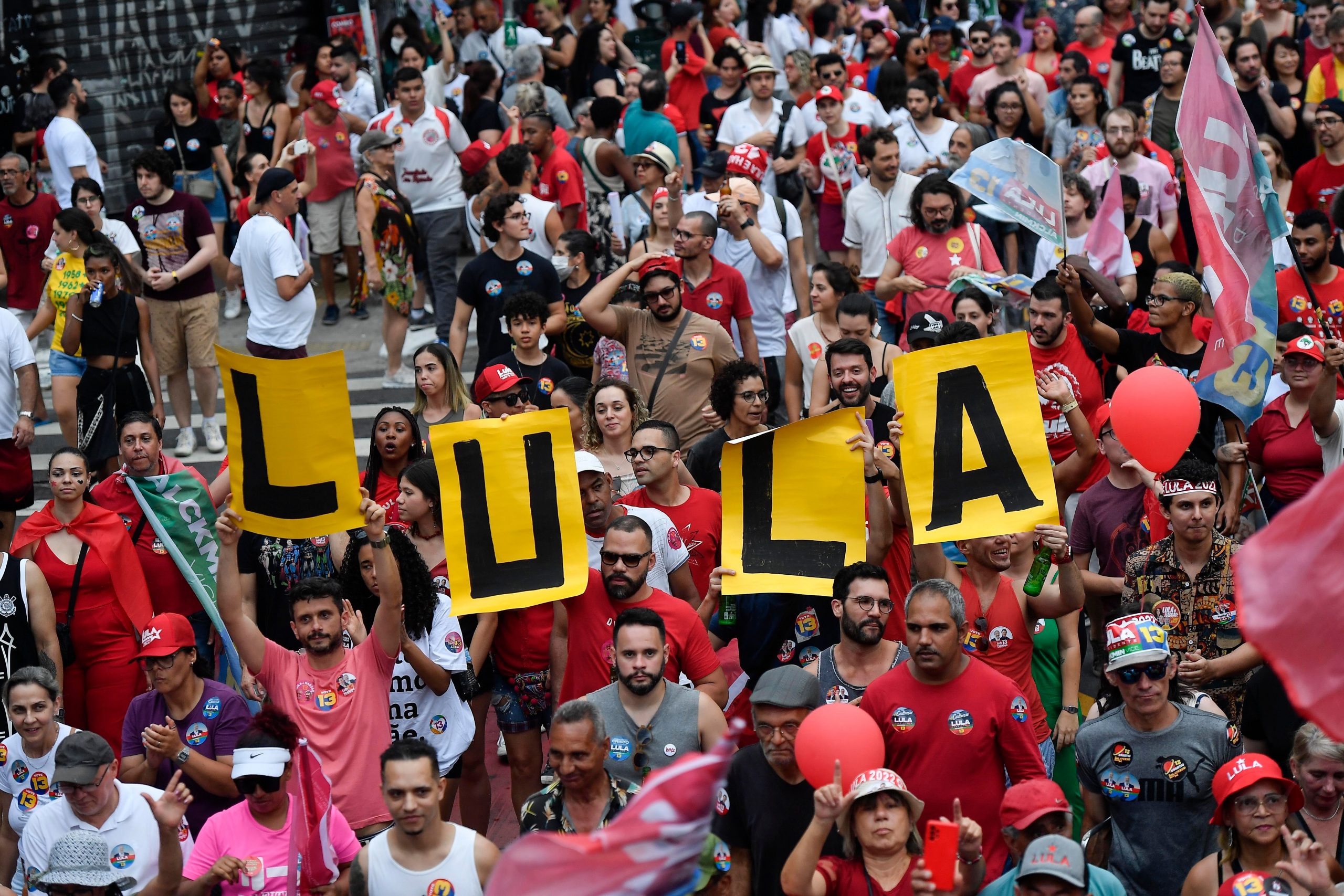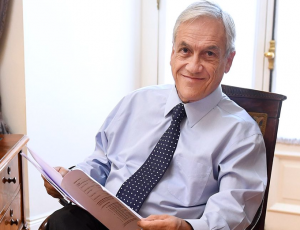Luiz Inacio Lula da Silva is here once more: The leftist challenger in Brazil defeated incumbent Jair Bolsonaro on Sunday in a shockingly tight poll, 20 years after first assuming office. This victory marks a political about-turn for the country after four years of far-right politics.
After more than 99% of the votes were tallied, da Silva defeated Bolsonaro in the runoff election with 50.9% of the vote to Bolsonaro’s 49.1%. Da Silva was proclaimed the winner mathematically by the election commission.
It is a surprising turnabout for 77-year-old da Silva, who was incarcerated in 2018 owing to a corruption case and so was not allowed to vote in the 2018 election that brought Bolsonaro, a follower of conservative social beliefs, to power.
Also read: Who is Luiz Inácio Lula da Silva?
Da Silva is promising to govern beyond his leftist Workers’s Party. He wants to bring in centrists and even some leaning to the right who voted for him for the first time, and to restore the country’s more prosperous past. Yet he faces headwinds in a politically polarized society where economic growth is slowing and inflation is soaring.
His victory marks the first time since Brazil’s 1985 return to democracy that the sitting president has failed to win reelection. The highly polarized election in Latin America’s biggest economy extended a wave of recent leftist victories in the region, including Chile, Colombia and Argentina.
The inauguration of Da Silva is set for January 1, 2023. He was president for the last time from 2003 to 2010.
The election was the tightest in the nation in more than three decades. With 99.5% of the ballots counted, just over 2 million votes separated the two contenders. 2014 had the closest race yet, with a 3.46 million vote difference deciding the winner.
Independent political analyst Thomas Traumann compared the outcomes to those in the United States. In the event that Joe Biden is elected president in 2020, da Silva will take over a severely polarised country.
Also read: Who is Yoon Suk-yeol, President of South Korea?
“The huge challenge that Lula has will be to pacify the country,” he said. “People are not only polarized on political matters, but also have different values, identity and opinions. What’s more, they don’t care what the other side’s values, identities and opinions are.”
Bolsonaro had been leading throughout the first half of the count and, as soon as da Silva overtook him, cars in the streets of downtown Sao Paulo began honking their horns. People in the streets of Rio de Janeiro’s Ipanema neighborhood could be heard shouting, “It turned!”
Only after the final outcome was declared did Da Silva’s headquarters at a downtown Sao Paulo hotel erupt, highlighting the tension that characterised this contest.
Also read: Seoul tragedy: What the period of national mourning entails
“Four years waiting for this,” said Gabriela Souto, one of the few supporters allowed in due to heavy security.
Outside Bolsonaro’s home in Rio de Janeiro, ground-zero for his support base, a woman atop a truck delivered a prayer over a speaker, then sang excitedly, trying to generate some energy. But supporters decked out in the green and yellow of the flag barely responded. Many perked up when the national anthem played, singing along loudly with hands over their hearts.
The majority of polls conducted prior to the election showed that da Silva, widely known as Lula, was in the lead, although political observers concurred that the race had become more competitive recently.
As he stoked nostalgia for his time in office, when Brazil’s economy was thriving and welfare helped tens of millions enter the middle class, it seemed as though da Silva would win easily for months.
Also read: World leaders send solidarity to South Korea after Halloween crush kills 150
However, Bolsonaro came in a solid second with 43% of the vote, demonstrating that opinion surveys vastly overestimated his popularity. Da Silva won the first-round elections on October 2 with 48% of the vote. Bolsonaro has the backing of a sizable portion of the Brazilian population and has bolstered that support throughout an election year with significant public investment.
Bolsonaro’s administration has been marked by incendiary speech, his testing of democratic institutions, his widely criticized handling of the COVID-19 pandemic and the worst deforestation in the Amazon rainforest in 15 years. But he has built a devoted base by defending conservative values and presenting himself as protection from leftist policies that he says infringe on personal liberties and produce economic turmoil.
Da Silva is credited with building an extensive social welfare program during his 2003-2010 tenure that helped lift tens of millions into the middle class as well as presiding over an economic boom. The man universally known as Lula left office with an approval rating above 80%; then U.S. President Barack Obama called him “the most popular politician on Earth.”





